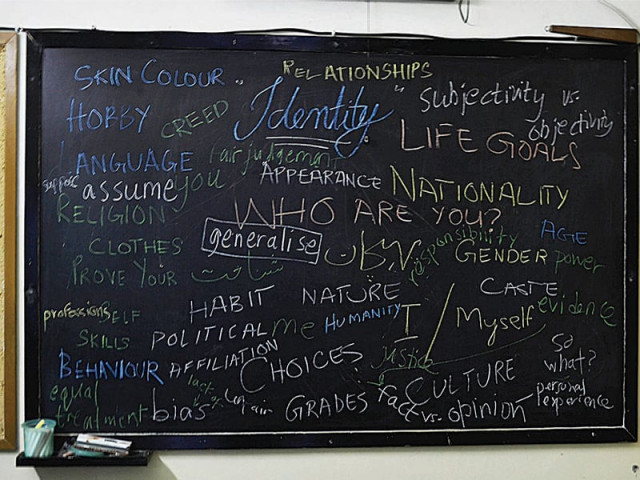
She used this amount to bring a dead public library back to life and taught 16 students from middle- and low-income families to think outside the box.
Maliha, a sophomore at Bennington College in the United States, submitted a proposal titled ‘Kuch Karo’ to the Davis Projects for Peace Programme. The organisation selects the best proposals from students of American colleges and gives them money to implement the plans over the summer holidays. Maliha’s project was among those shortlisted for the 2012 awards and she had a chance to implement it over July and August this year.
In the first phase of her project, she organised workshops for 16 students selected from Lead High School in Nazimabad no.4. During the workshops, she aimed at fostering creative thinking and problem-solving skills which could then be used to solve problems in the students’ immediate environment.
“I developed a three-week curriculum that revolved mostly around topics that were controversial or simply left out in “polite” discussions,” she wrote in a final report submitted to the Projects for Peace programme. “I approached these topics using news articles, essays and TED Talk videos.”
Revamped
After the workshop sessions had been completed, Maliha and her band of 16 youngsters decided to roll up their sleeves and restore the Sehba Akhtar Library, a dilapidated public library in Nazimabad No.4. She managed to get three friends - Asad Zaidi, Zohra Panjwani and Ahad Ali - on board as a part of the core team which would oversee the efforts.
But Maliha admits that she did have to battle her way through a web of red tape to get the restoration of the library off the ground. “Since the library is a public one, we could not begin work until we had the authorisation to do so,” she wrote in the final report. “This meant a plethora of trips to various government offices as well as many phone calls and meetings.”
The team hit a couple of snags along the way with the District Municipal Corporation Central - a branch of the city government which administers the area the public library is located in. It said Maliha’s team would not be allowed to start repairs until it registered itself as an NGO.

In the end, skipping through the administrative hoops paid off big time: so impressed was the District Municipal Corporation Central with the proposal that it not only allowed the enthusiastic youngsters to do as they pleased, but even sent in additional support staff to assist Maliha’s team with some of the more physically demanding tasks.
With the city government’s permission secured, cash in their pockets and, most importantly, a burning desire to bring a change, the charged group resuscitated the defunct library. Within two weeks, the team repaired broken furniture, gave the place a fresh coat of paint, sorted out the plumbing, prepared catalogues and packed the rearranged shelves with 2,000 newly purchased and donated books.
In an interview with Rutland Herald, Maliha said she was well aware that restoring the library is not going to draw in people. “If people weren’t visiting the library, they aren’t going to start simply because it’s beautiful now and there are new books there. Maybe that’s going to encourage a few people but not most of them.” That’s why plans of a follow-up project are already simmering away in her mind. In the final report submitted to Projects for Peace, Maliha claims that her efforts have caught the eye of some businessmen who said they were willing to lend a hand in any follow-up activities.
Through the project, Maliha has learnt that sometimes, the biggest resistance to change isn’t red tape but crippling self-doubt that emanates from within. “I would ask myself all the time, ‘No one is going to take me seriously. I’m 20 years old. What makes me think I can advance peace and fix public institutions and change the way that young people think?’” she told the Rutland Herald. “But I tried to remind myself all along that just because these things seem laughable for a young person to do…just because I find them difficult, does not make them unimportant.” The details of the project can be viewed at:<http://kuchkaro.weebly.com>
With writing by Usman Liaquat
Published in The Express Tribune, November 24th, 2012.


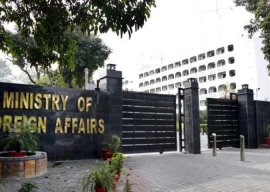
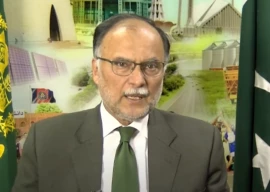

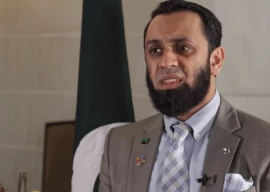



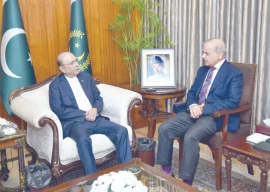

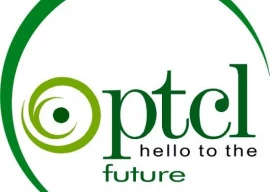






COMMENTS
Comments are moderated and generally will be posted if they are on-topic and not abusive.
For more information, please see our Comments FAQ